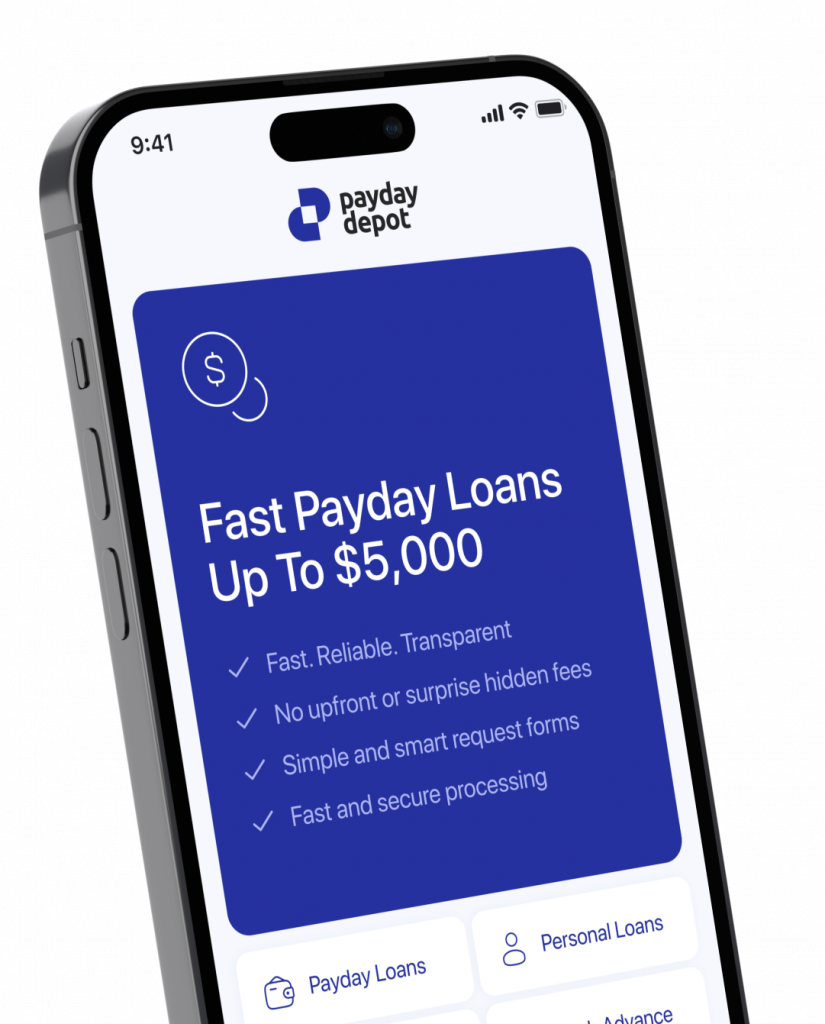Hard Credit Check
A hard credit check is a review of a potential borrower’s credit history when they apply to a bank, credit union, or other financial institution for a loan, credit card, or other types of credit. This occurs every time a borrower seeks such services because the lender needs to examine the credit history to ensure that the consumer is reliable and creditworthy and can manage the requested loan amount.
For a hard credit check, the financial institution contacts a credit bureau (an agency that collects credit information) and requests detailed information about the borrower’s past and current loans, current payments, and debts.
Hard Credit Check with Modern Technology
Recently, hard credit checks have been conducted using artificial intelligence, allowing credit organizations to view credit histories and predict consumers’ future behavior regarding their financial obligations. Simply put, AI analyzes the data and signals to the lender whether the borrower will pay all their bills on time and responsibly or if there is a likelihood that they will face debts they cannot manage. Thus, hard credit checks have reached a new level, benefiting financial institutions and consumers.
The main reason is the ability of AI to detect changes in behavior patterns. This way, a hard credit check with AI allows a client, under certain conditions, to get a loan even if they had problems but later improved their situation (found a job, received an inheritance, or otherwise improved their financial situation) and started making payments responsibly. A traditional check might result in a loan denial. With new technologies, hard credit checks are more forgiving for responsible borrowers who have financial difficulties. It also protects financial institutions from dealing with problematic clients who make payments at the last moment despite a good credit history or sometimes fail to meet their financial obligations. In any case, a hard credit check is a way to pre-assess whether a client can handle the debt resulting from issuing a credit card or consumer loan.
Key Features of the Procedure
Credit bureaus that maintain consumer credit histories exist in every country. In the U.S., this function is performed by organizations like Equifax, Experian, or TransUnion. For example, the consumer can also request their credit history to ensure there are no unknown debts. An essential nuance: every time a hard credit check occurs, the system sees it as a potential risk to the user’s financial state, temporarily lowering their credit score due to the inquiry. This score later recovers, provided that the borrower continues to make all necessary payments on their financial obligations responsibly.
Examples of Situations Requiring a Hard Credit Check
A hard credit check is conducted in several scenarios:
- At the client’s request (in this case, the credit score is not affected);
- When applying for a mortgage to purchase a home;
- When a consumer intends to buy a car on credit;
- When applying for a new credit card or increasing the credit limit on an existing credit card;
- When obtaining a personal loan (used to cover personal financial needs such as purchasing appliances, home repairs, medical treatments, travel, etc.);
- When applying to rent a home, the landlord may also conduct a hard credit check to ensure the tenants can handle the monthly rent payments.
Thus, a hard credit check is an effective and convenient tool that benefits all parties involved.
